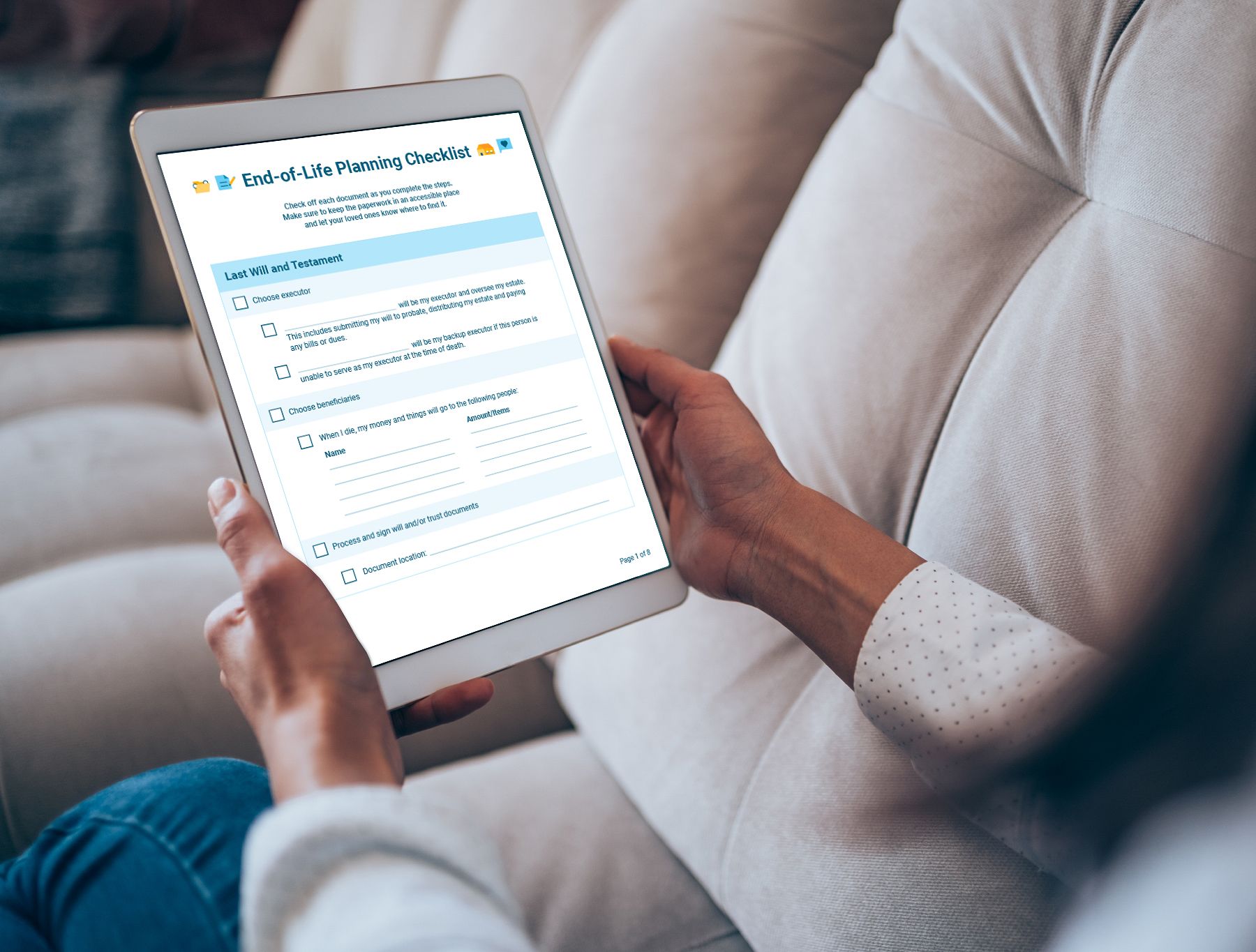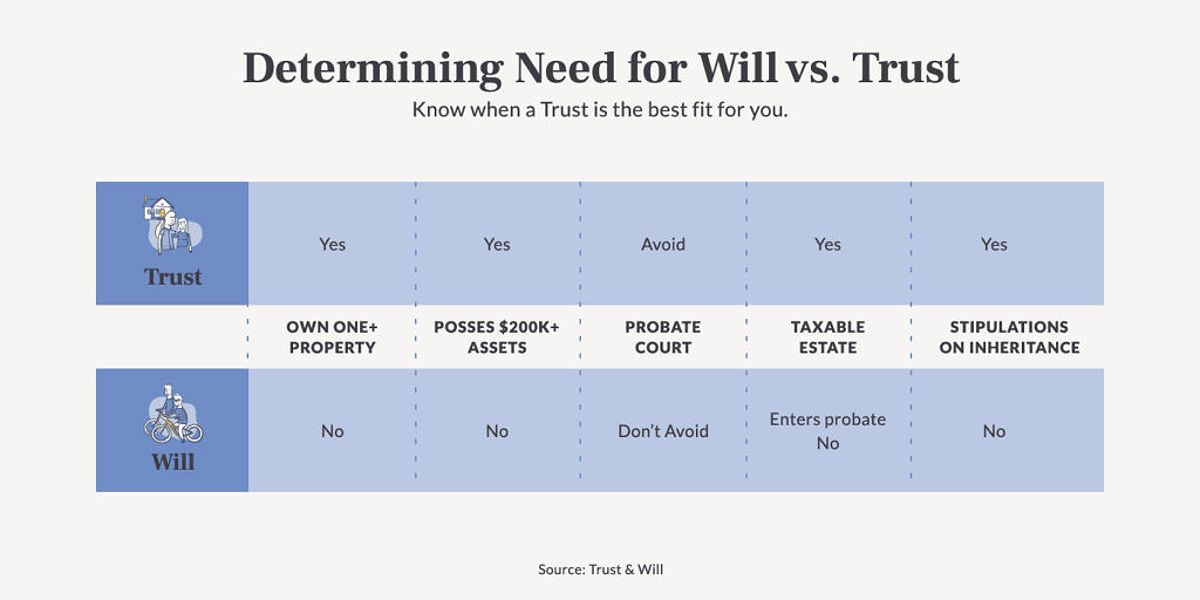End Of Life Preparation Checklist: A Guide For Families Supporting Elderly Or Terminally Ill Loved Ones
Navigating the end-of-life journey with a loved one can be an incredibly challenging and emotional experience for families. An end of life preparation checklist can serve as a valuable guide, offering a structured approach to this complex process. By addressing medical directives, legal documents, and personal preferences, families can ensure that their loved one’s wishes are respected while minimizing confusion and conflict during this difficult time.
Understanding End-of-Life Planning
Defining End-of-Life Planning
End-of-life planning is a proactive process that involves making informed decisions about medical care, legal matters, and personal preferences as one approaches the final stages of life. This planning encompasses a range of aspects, including preparing essential legal documents, communicating wishes to loved ones, and ensuring a smooth transition for everyone involved.
The Importance of Planning for Families
When a loved one is nearing the end of life, families often face significant emotional and practical challenges. A well-structured end-of-life preparation checklist can alleviate stress, reduce uncertainty, and ensure that the individual’s wishes are honored. Engaging in proactive planning allows families to navigate this complex time with greater clarity and less conflict, enabling them to focus on spending quality moments with their loved ones.

The Essential End-of-Life Preparation Checklist
This comprehensive guide outlines the key components of end-of-life planning, covering medical directives, legal documents, and personal preferences.
Medical Directives
Living Will (Advance Directive)
A living will is a vital document that outlines an individual’s preferences regarding medical treatment in the event they become incapacitated. This legal instrument addresses topics such as life-sustaining treatments, pain management, and organ donation. It is crucial to engage in open discussions with the individual and their healthcare provider to ensure their wishes are accurately documented and understood. Having a living will in place can provide significant peace of mind, as it ensures that the individual’s preferences will be respected even when they cannot voice them.
Durable Power of Attorney for Healthcare
A durable power of attorney for healthcare designates a trusted individual to make medical decisions on behalf of someone who is unable to do so. Selecting a responsible and capable person for this role is paramount, as they will be entrusted with significant decisions regarding the individual’s health and well-being. Understanding the legal requirements for establishing this document is crucial to ensure it is valid and enforceable. It’s advisable to have candid conversations with the designated person about the individual’s preferences, so they are fully prepared to act in accordance with those wishes.
Do Not Resuscitate (DNR) Order
A DNR order is a specific directive that instructs medical personnel not to perform cardiopulmonary resuscitation (CPR) in the event of cardiac arrest. Having a clear DNR order in place is vital for ensuring that healthcare providers respect the individual’s wishes. It is essential to make this document readily accessible to medical professionals and to discuss it thoroughly with family members. Families should also consider having discussions about the implications of a DNR order, as understanding this decision can help reduce anxiety and confusion when the time comes.
Legal Documents
Last Will and Testament
A last will and testament serves as a legal document that specifies how an individual’s assets will be distributed after their death. This document typically includes key elements such as naming beneficiaries, appointing an executor, and outlining funeral arrangements. Consulting with an estate planning attorney can help ensure that the will is legally valid and tailored to the individual’s specific needs. It is also wise to review the will periodically, especially after significant life events such as marriages, divorces, or the birth of children, to ensure it reflects current wishes.

Living Trust
A living trust is a legal arrangement that holds assets for an individual during their lifetime and distributes them according to their wishes after death. Utilizing a living trust can provide several advantages, including avoiding probate and maintaining privacy regarding financial affairs. Establishing a living trust involves understanding the legal requirements and procedures necessary to create one effectively. Additionally, it can simplify the transfer of assets to beneficiaries, ensuring a smoother transition during an emotionally challenging time.
Power of Attorney for Finances
A power of attorney for finances allows an individual to appoint someone to manage their financial affairs in the event they become incapacitated. Selecting a responsible and financially savvy person for this role is crucial, as they will handle significant financial decisions. Understanding the legal requirements for establishing this document ensures that it is valid and will be honored when needed. It is also important to communicate openly with the appointed individual about financial matters, ensuring they are well-informed and prepared to make decisions that align with the individual’s preferences.
Personal Preferences and Practical Considerations
Funeral and Burial Arrangements
Discussing funeral and burial preferences with the individual while they can still express their wishes is an important aspect of end-of-life planning. Common options may include traditional services, cremation, or memorial services. Documenting these preferences ensures that family members are aware of the individual’s wishes and can communicate them effectively to the funeral home or relevant parties. Families should also consider discussing the financial implications of these arrangements, as pre-planning can alleviate the burden on loved ones during a difficult time.
End-of-Life Care Preferences
Engaging in conversations about end-of-life care preferences is vital. Families should discuss the individual’s preferred location for care, whether at home, in a hospice, or a hospital, as well as their comfort levels with various medical interventions. Encouraging open dialogue allows families to better understand the individual’s desires and make informed decisions. Additionally, discussing potential scenarios and preferences can help prepare families for various outcomes, fostering a sense of control during a period of uncertainty.
Legacy and Personal Items
It is also essential to discuss the individual’s wishes regarding personal belongings and cherished items. Families should document these preferences to ensure that sentimental objects are distributed according to the individual’s desires. Having these discussions can help avoid confusion and conflict among family members after the individual passes. It can also provide an opportunity for family members to express their feelings and share memories associated with these items, creating a meaningful dialogue around the individual’s legacy.
Supporting Families and Individuals Through the Process
Open Communication and Emotional Support
Open communication is vital among family members, the individual, and healthcare professionals throughout the end-of-life planning process. Families often face emotional challenges, so seeking support from each other, friends, or professionals such as therapists can be beneficial. Encouraging honest discussions can help family members navigate their feelings and foster a supportive environment. It’s important to recognize that everyone processes grief differently, and allowing space for varying emotions can strengthen familial bonds during this time.
Practical Assistance and Resources
Families can access various resources to assist them during this time. Hospice care organizations, caregiver support groups, and legal aid services for estate planning are valuable resources. Additionally, many online platforms provide comprehensive information about end-of-life planning, offering families guidance and support as they navigate this complex process. These resources can help families feel more empowered and informed, enabling them to make decisions that align with their loved one’s wishes.
Planning for the Future
It is essential for families to think ahead regarding decision-making and management. Identifying a primary decision-maker for the individual’s care, determining who will handle financial matters, and making arrangements for the individual’s home and belongings are all critical steps. Discussing wishes regarding memorial services or commemorations can also help ensure that everyone is on the same page. This proactive approach not only eases the burden on family members but also honors the individual’s legacy in a meaningful way.
FQAs
What if my loved one doesn’t want to talk about end-of-life planning?
It’s common for individuals to feel uncomfortable discussing death. Approaching the topic with sensitivity and patience can help. Focus on the benefits of planning for their peace of mind and the well-being of their loved ones.
What should I do if family members disagree about my loved one’s wishes?
Encouraging open and honest communication within the family is key. Listening to each other’s perspectives and working towards a solution that respects the individual’s wishes can help ease tensions.
How can I find a qualified estate planning attorney?
You can ask for referrals from friends or family or search online directories. Local bar associations often provide recommendations for estate planning attorneys in your area.
Conclusion
The end-of-life preparation checklist is an invaluable resource for families supporting elderly or terminally ill loved ones. By addressing medical directives, legal documents, and personal preferences, families can ensure that their loved one’s wishes are respected while alleviating the emotional burdens often associated with end-of-life situations. Utilizing this checklist can facilitate open communication and provide clarity during a challenging time, ultimately fostering a more peaceful transition for everyone involved. Taking the time to prepare can bring comfort to both the individual and their family, ensuring that the final stages of life are handled with dignity and respect.
MORE FROM pulsefusion.org












